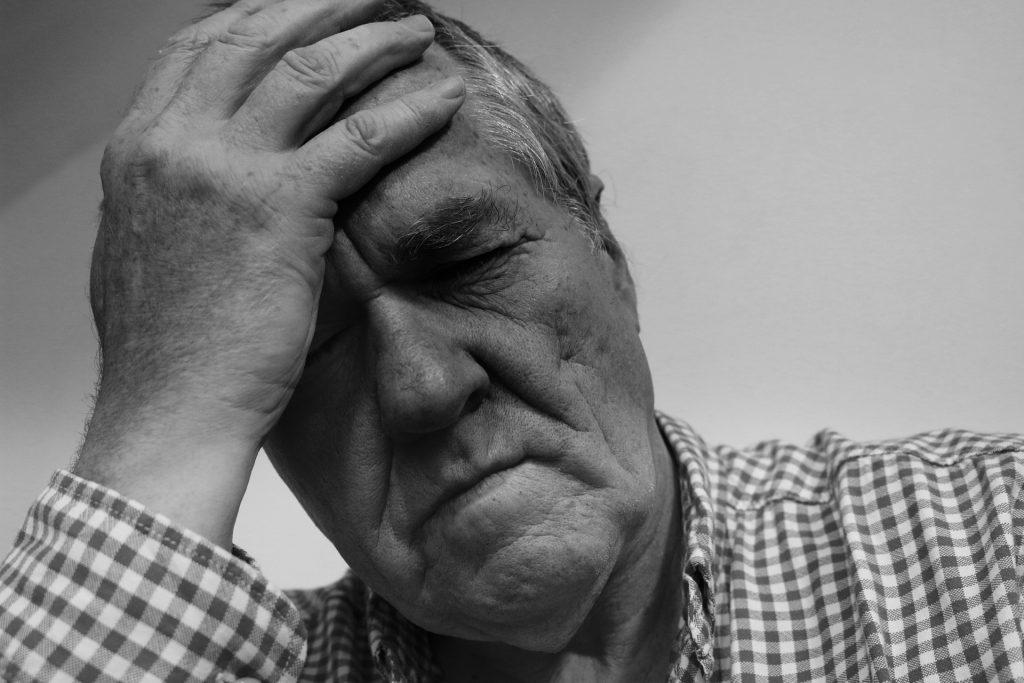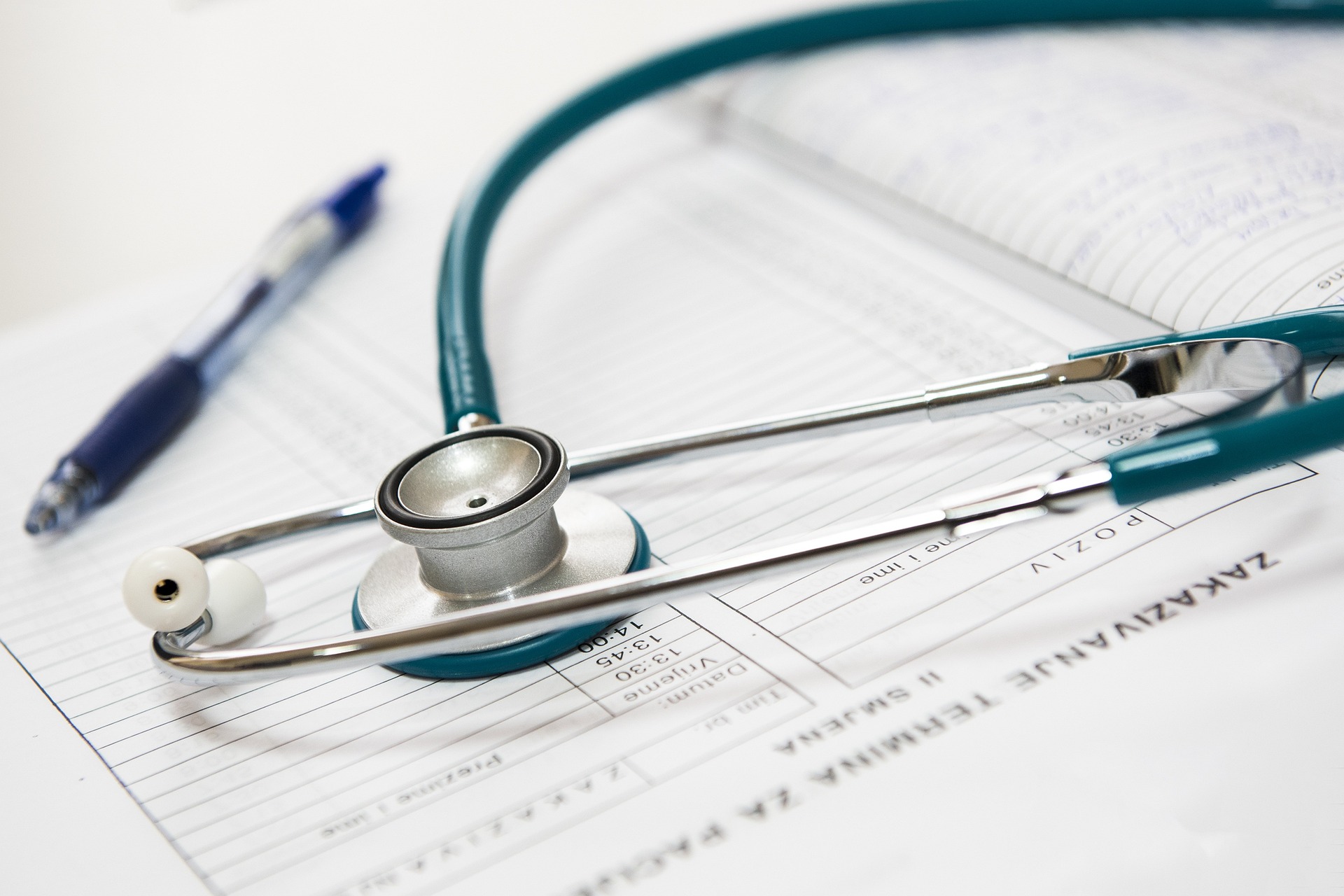Signs and symptoms of burnout
Physical
- Feeling tired and drained most of the time
- Lowered immunity, frequent illnesses
- Frequent headaches or muscle pain
- Change in appetite or sleep habits
Emotional
- Sense of failure and self-doubt
- Loss of motivation
- Feeling helpless, trapped and defeated
- Increasingly cynical and negative outlook
- Detachment, feeling alone in the world
- Decreased satisfaction and sense of accomplishment
Behavioural
- Withdrawing from responsibilities
- Isolating yourself from others
- Procrastinating, taking longer to get things
- Using food, drugs or alcohol to cope
- Taking out your frustrations on others
- Skipping work or coming in late and leaving late

Do any of these symptoms and signs sound familiar?
Life has changed dramatically for us all over the last eight months. NHS front-line workers have worked tirelessly in this unprecedented evolving covid-19 crisis. Pressures are again mounting and anxiety may be bubbling both at work and at home. You may be isolated from family, anxious about elderly relatives and worried about your workload over winter. You are not alone.
Stress, burnout and mental health problems are a significant risk for those working in the primary care right now. Your wellbeing has never been more important.
So I’m burnt-out. What can I do?
Consider making some changes to protect your wellbeing. Have a look on the Lincolnshire LMC website for articles on resilience, mindfulness, physical activity, keeping connected, kindness and giving.
Maybe you would consider talking to a professional. Take-30 is a free service to provide confidential peer support for busy GPs, practice managers, nurses and other practice staff members as they work through daily challenges. Make contact with the Take-30 team today for a call back within 24 hours. One of the Take-30 professionals will schedule a one-off 30 minute chat at a mutually convenient time that suits your busy lifestyle. The phone line is open 10am-4pm Monday to Friday to talk about you. Email info@lincslmc.co.uk or call 01522 576659.
You can also contact NHS People who provide a confidential support line phone 0800 0696 222 (7am-11pm seven days a week) or for bereavement support 0300 303 4434 (8am-8pm). NHS People also offer 24/7 support by text message just text ‘FRONTLINE’ to 85258
If you are struggling to relax after work or having disturbed sleep there are some self-help apps you could try. Did you know NHS staff can get free access to the Headspace and Sleepio apps by signing up with your NHS email?
SilverCloud can help to ease stress, improve sleep and resilience. These programmes are self-help, confidential and secure. Use the code NHS2020 for access.
Thinking Pitstops is an additional resource which provides an effective peer-to-peer support matrix during the Covid-19 crisis
There is also a brilliant service from NHS Practitioner Health available to any qualified doctor or you can email prac.health@nhs.net
Additionally, if you are worried about the wellbeing of your staff or would like to promote some positive training in your team consider NHS People React Training.
Author(s)
Dr Lucy Dodington-Boyes, Lincolnshire GP and LMC GP Fellow
Dr Luqman Rajput, Lincolnshire GP and Impact Lincs Mentor
